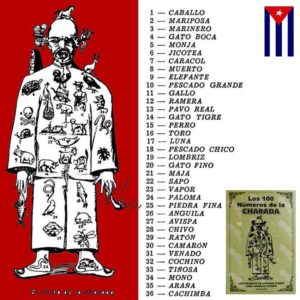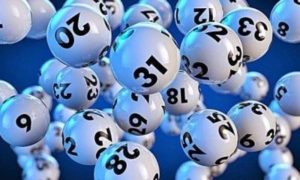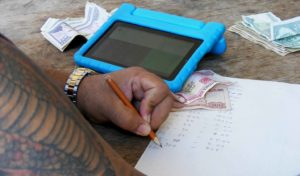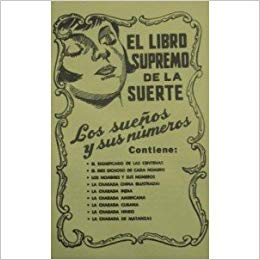 LA BOLITA EN CUBA, SEGÚN EL PUEBLO “UNA REMESA QUE NUNCA LLEGA”.
LA BOLITA EN CUBA, SEGÚN EL PUEBLO “UNA REMESA QUE NUNCA LLEGA”.
La lotería nacional cubana se creó durante la época de la colonia. Antes de 1959, la lanzaban por la radio y la televisión. Los tickets de las apuestas se vendían en los estanquillos de prensa, los bares y cafés.
Hoy, “la Bolita” es la versión cubana de lo que internacionalmente se conoce como Lotería. Básicamente es un juego en el que se apuesta dinero a uno o varios números, esperando coincidir con las cifras lanzadas…
Las dos tiradas son diarias en horarios de la tarde y la noche. Los lanzamientos dependen de los números de la lotería del Cash 3 y el Play 4 que se juegan en la Florida. Cada número tiene varias figuras correspondientes en una lista llamada charada.
Son tres números, uno fijo y dos corridos. El fijo es el más importante, ya que por él se paga 75 veces la cantidad de dinero apostado en la jugada; y por cada uno de los corridos, 25.
“Pacho se estaba volviendo loco con tantos números. Tenía en el cuarto una biblioteca. Charadas, crucigramas, pirámides, acertijos. ‘¿Qué es lo que camina pal’ lado?, ¿Cuál es el animal que a todos da asco? ¿Quién se la pasa gritando?…’ Y Pacho vuelto loco descifrando el verso: el cangrejo, 55, la rana, el 22, la cotorra, 21. Cuando llegaba la hora de ir a jugar, tenía una hoja llena de números, que casi nunca salían”.
Pacho reconoce que la bolita lo ayudó a terminar su casa, pero también dice que fue más el dinero que perdió.
“Yo jugaba todos los días, de lunes a domingo. Los primeros cien pesos del trabajo eran para eso, jugar bolita. Y eso que yo no soy de los jugadores duros, conozco gente que le ponen mil pesos a un número y doscientos a un parlé, esos sí que ganan mucho, pero igual pierden mucho, porque el viejo dicho cubano nunca falla: ‘el banco pierde y se ríe, el punto gana y se va’. Al final el banco siempre sale ganando”.
Con la llegada de la revolución en 1959, se emitieron leyes en Cuba contra las llamadas ‘lacras del capitalismo’ que incluían a los juegos azar. Por tal motivo, miles de cubanos en estos 60 años han purgado condenas por este juego, declarado ilícito por las autoridades.
Ahora que es un hombre de Dios, Pacho Mojena, opina que con el “Periodo Coyuntural” la bolita se convirtió en el clavo caliente al que se aferran las familias, para ver si aciertan un número que los saque de apuros.
“Yo diría que gana solo un 1 % de todos los que juegan — afirma Pacho— para el resto la bolita es apostar por una remesa que nunca llega”.
La tecnología no ha dejado escapar este filón, existen aplicaciones en los teléfonos móviles que mantienen atrapados a los amantes de este juego cubanísimo. Los grupos de WhatsApp se multiplican. Sus miembros intercambian “cábalas” y “sueños”, insertan tablas probabilísticas, y cuando al fin tiran los números, se decepcionan y sufren en grupos;…luego se alientan a continuar para la próxima tirada y gastar dinero.
Cada cierto tiempo el gobierno ataca a la bolita, organiza redadas y apresa a banqueros, pero nada detiene al cubano, que necesita ganar a toda costa para defenderse de la crisis en un sistema obsoleto y pasado de moda que no funciona.
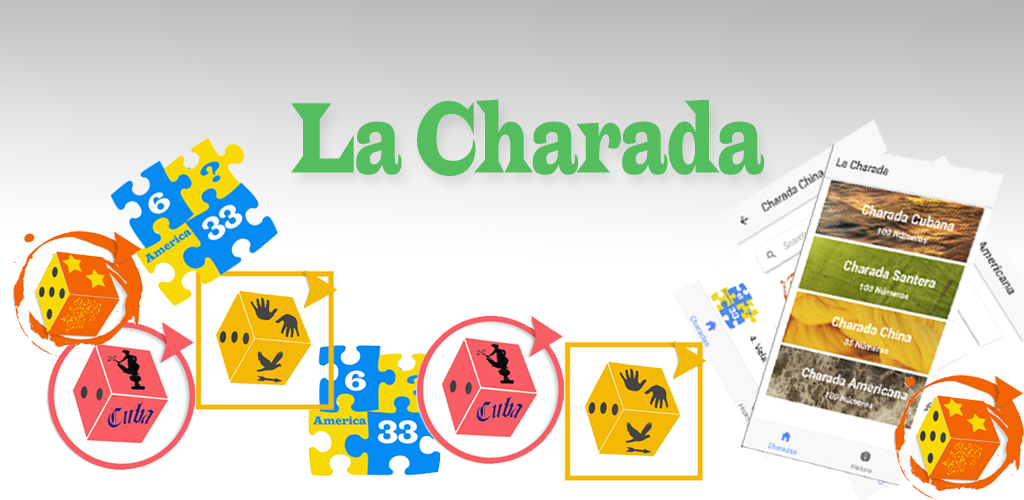 LA BOLITA IN CUBA, ACCORDING TO THE PEOPLE “UNA REMESA (A REMITTANCE) THAT NEVER ARRIVES”.
LA BOLITA IN CUBA, ACCORDING TO THE PEOPLE “UNA REMESA (A REMITTANCE) THAT NEVER ARRIVES”.
The Cuban national lottery was created during the colonial era. Before 1959, she was released on radio and television. The tickets for bets were sold in press boxes, bars, and cafes.
Today, “La Bolita” is the Cuban version of what is internationally known as Lottery. Basically it is a game in which you bet money on one or several numbers, hoping to match the figures released …
The two runs are daily in the afternoon and evening hours. The pitches depend on the lottery numbers of Cash 3 and Play 4 that are played in Florida. Each number has several corresponding figures in a list called charade.
They are three numbers, one fixed and two corridos. The landline is the most important since he is paid 75 times the amount of money wagered on the play; and for each of the runs, 25.
“Pacho was going crazy with so many numbers. I had a library in the room. Charades, crosswords, pyramids, riddles. ‘What walks side by side? What animal disgusts everyone? Who spends it screaming? … ‘And Pacho went crazy deciphering the verse: the crab, 55, the frog, the 22, the parrot, 21. When it was time to go play, he had a sheet full of numbers, they almost never went out. ”
Pacho acknowledges that the ball helped him finish his house, but also says that it was more money he lost.
“I played every day, from Monday to Sunday. The first hundred pesos of the work were for that, to play ball. And that I am not of the hard players, I know people who put a thousand pesos to a number and two hundred to one I stopped, those who win a lot, but still lose a lot, because the old Cuban saying never fails: “the bank loses and laughs, the point wins and leaves.” In the end, the bank always wins. ”
With the arrival of the revolution in 1959, laws were issued in Cuba against the so-called ‘scourges of capitalism’ that included gambling. For this reason, thousands of Cubans in these 60 years have purged sentences for this game, declared illegal by the authorities.
Now that he is a man of God, Pacho Mojena, he thinks that with the “Short Term Period” the ball became the hot nail to which families cling, to see if they get a number right out of trouble.
“I would say that only 1% of all who play wins – says Pacho – for the rest the ball is to bet on a remittance that never arrives.”
Technology has not let this reef escape, there are applications on mobile phones that keep lovers of this very Cuban game trapped. WhatsApp groups multiply. Its members exchange “kabala” and “sueños”, insert probabilistic tables, and when they finally throw the numbers, they are disappointed and suffer in groups;… then they are encouraged to continue for the next run and spend money.
From time to time the government attacks the ball, raids and seizes bankers, but nothing stops the Cuban, who needs to win at all costs to defend himself from the crisis in an obsolete and old-fashioned system that does not work.
Agencies/ ADN/ E. Martin/ S. Correa/ Internet Photos/ YouTube/ Arnoldo Varona/ www.TheCubanHistory.com
THE CUBAN HISTORY, HOLLYWOOD.



